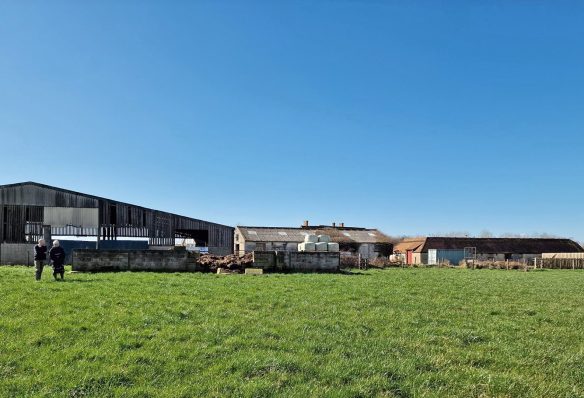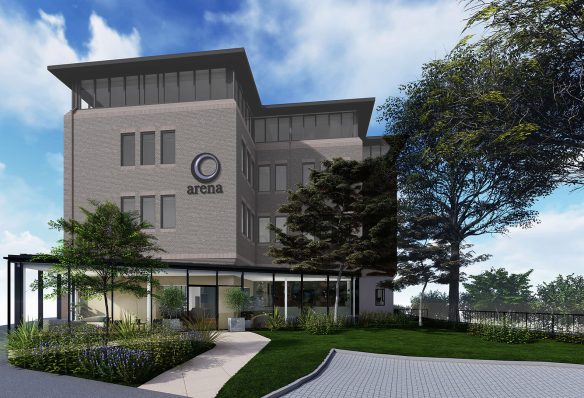Multiple Class Q Barn Conversions approved at Manston near Sturminster Newton, Dorset
Class Q Prior Approval has been secured for Northwood Farm, through three separate applications, allowing the conversion of existing agricultural barns into a total of five new residential dwellings.
This farm diversification scheme aims to repurpose redundant barns on an arable farm which practices sustainable farming to the Biocyclic Vegan Standard. The approvals form an integral part of a broader masterplan, re-imagining the future of the farm as a place where productive agriculture and contemporary rural living coexist.
The project involves the selective demolition of various barns across the farm, retaining a number of operational barns. Barns C, D, E, F and M are retained for conversion to residential accommodation.
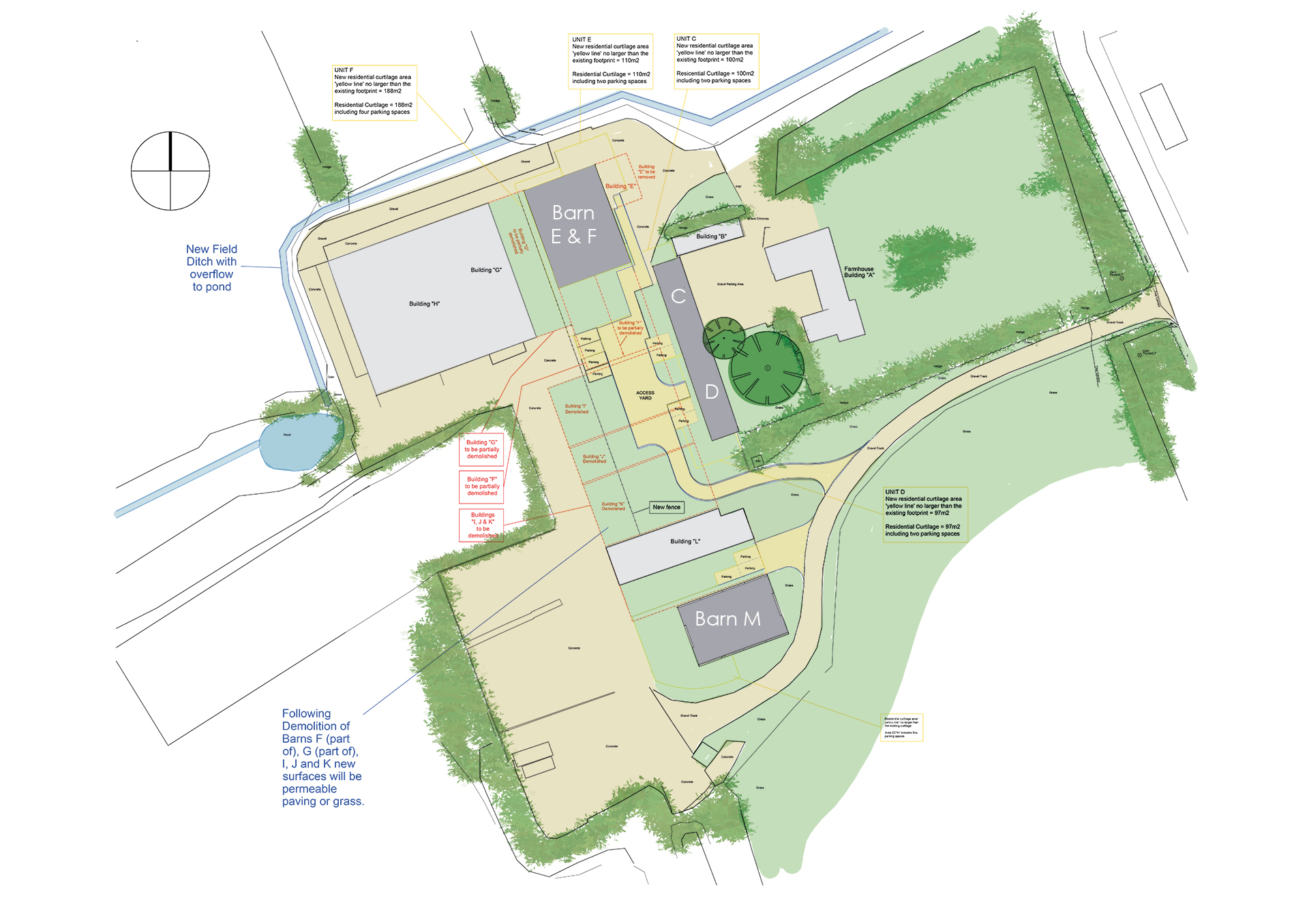
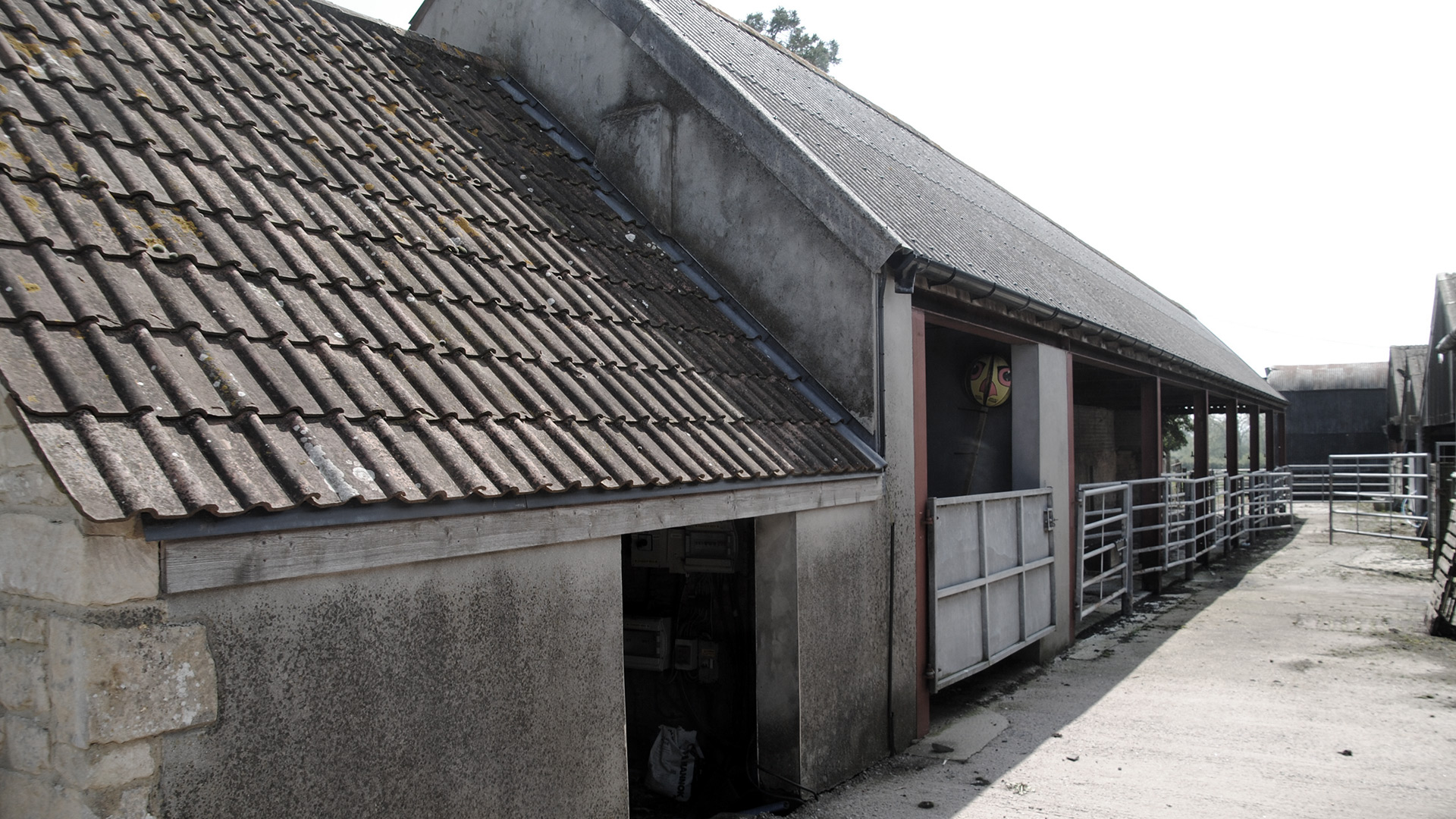
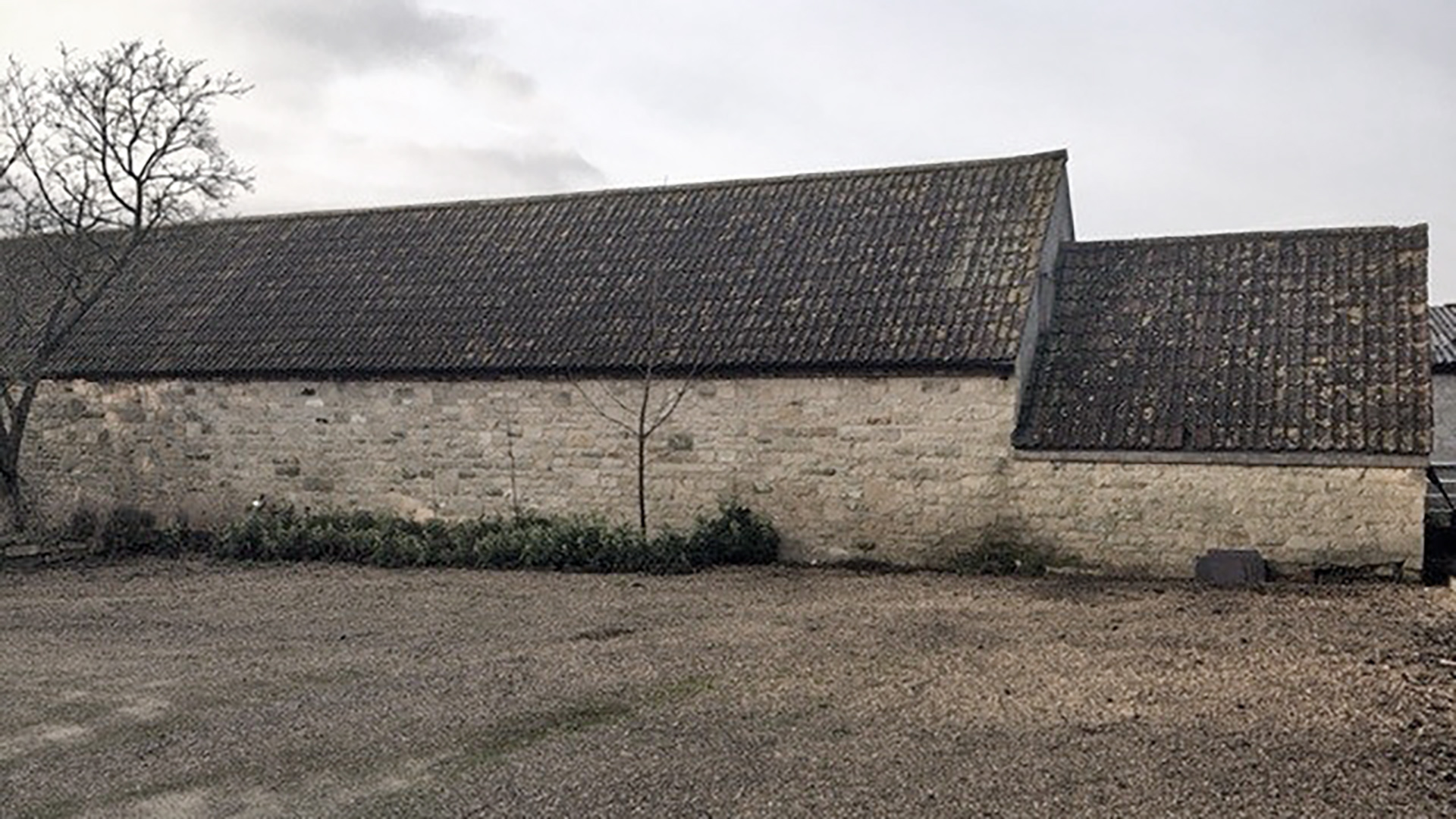
Barns C and D will both be converted to three bedroom dwellings with double height spaces over the living rooms, formed within a traditional stone barn.
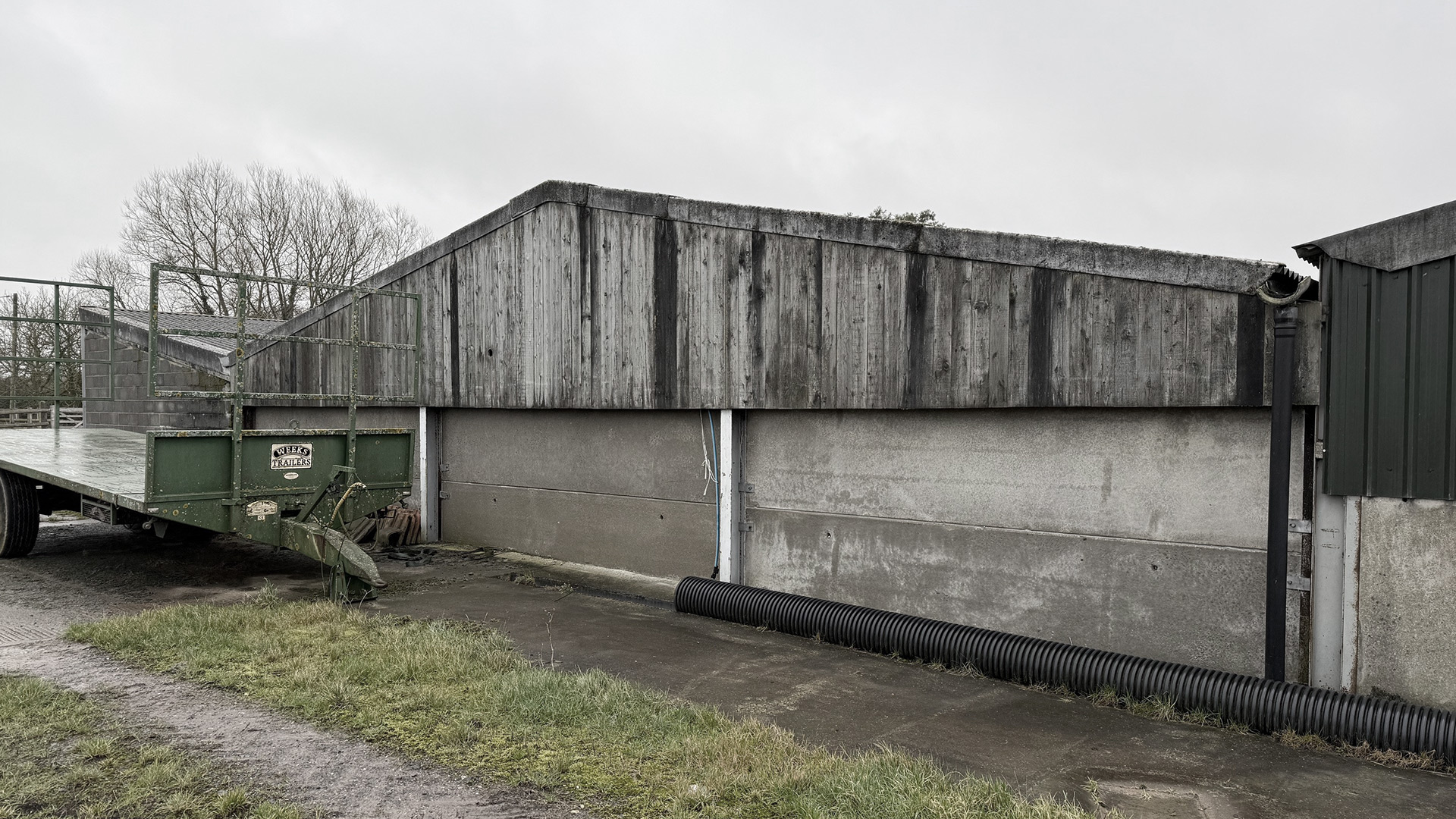
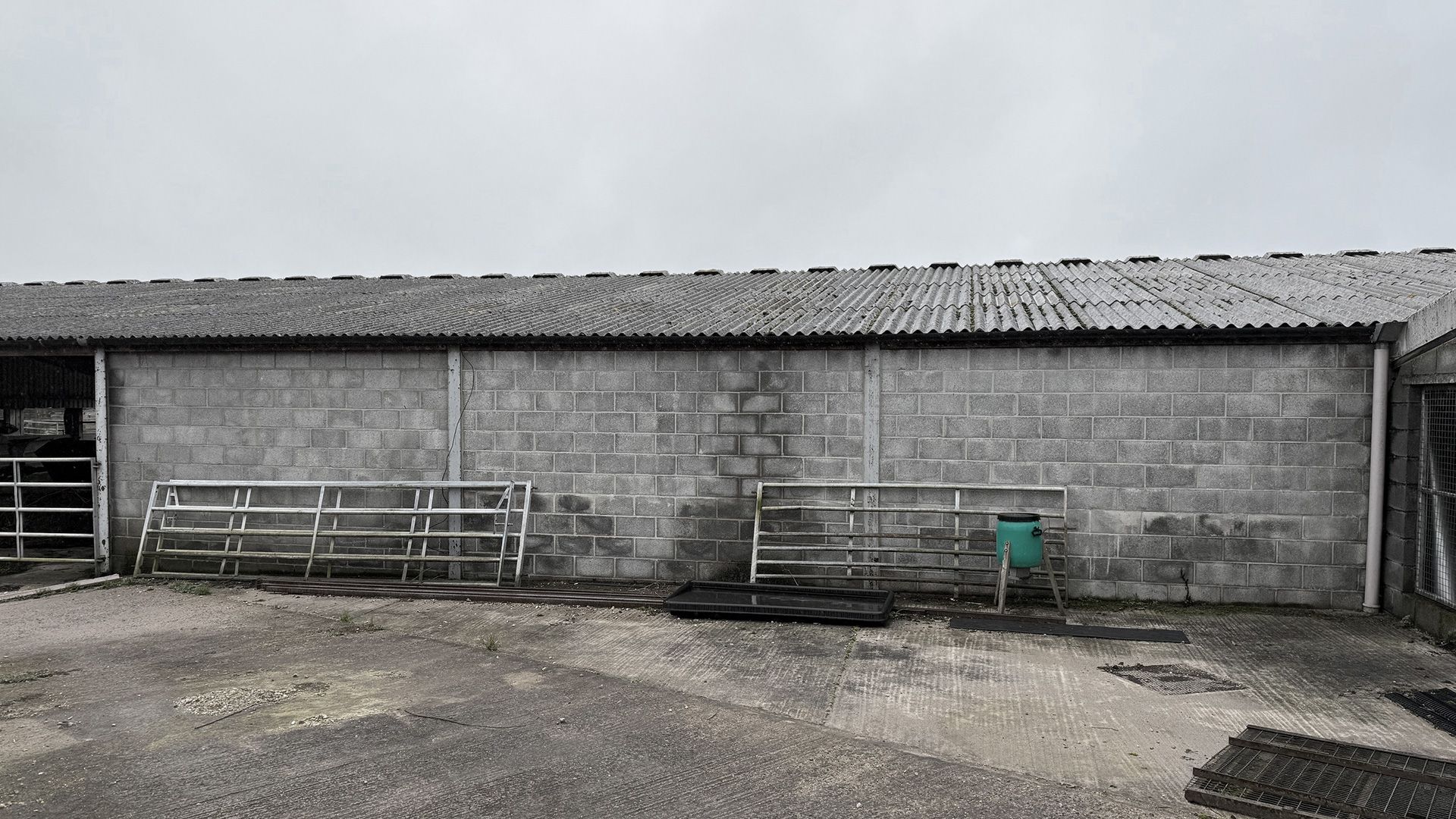
Barns E and F will be created within a portal steel framed barn providing one 2 bed dwelling and one 3 bed dwelling.
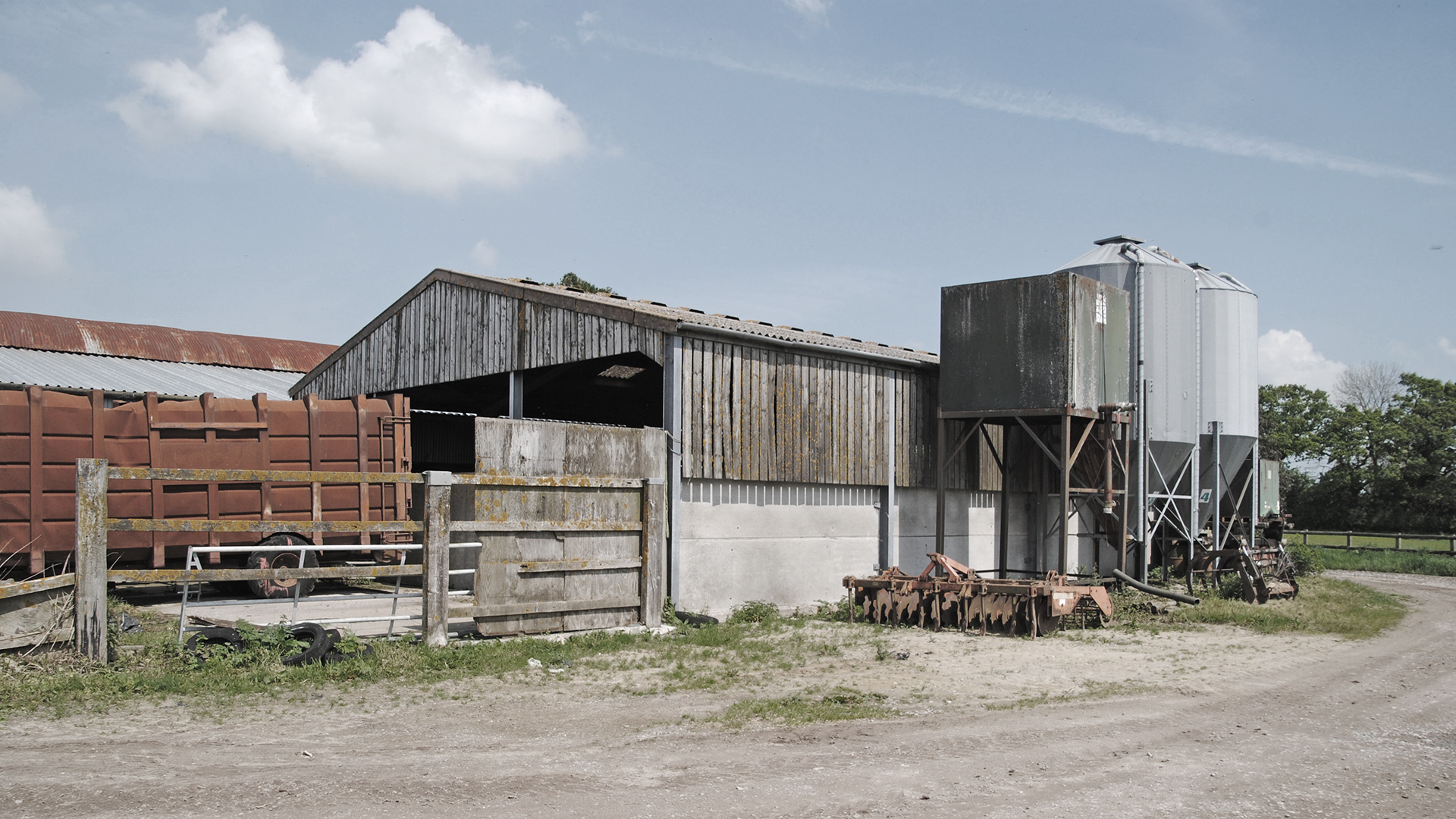
Barn M will be formed within a portal steel framed barn, providing a large 4 bedroom dwelling with double height spaces and a master bedroom suite on the first floor.
What is Biocyclic Agriculture?
Biocyclic agriculture is a form of organic farming based on ethical, sustainable, and purely plant-based principles. It completely excludes animal husbandry, slaughter, and the use of any animal-derived inputs.
The approach contrasts with conventional farming, which often depletes natural resources without ensuring their renewal. Instead, biocyclic agriculture focuses on maintaining and restoring healthy natural life cycles (“bios” = life, “kyklos” = cycle).
Its goal is to promote a holistic and sustainable relationship between humans and the environment—covering soil, plants, and ecosystems – so that agricultural and economic activities contribute to a future-oriented, ecologically balanced food system.
Published 13 October 2025
